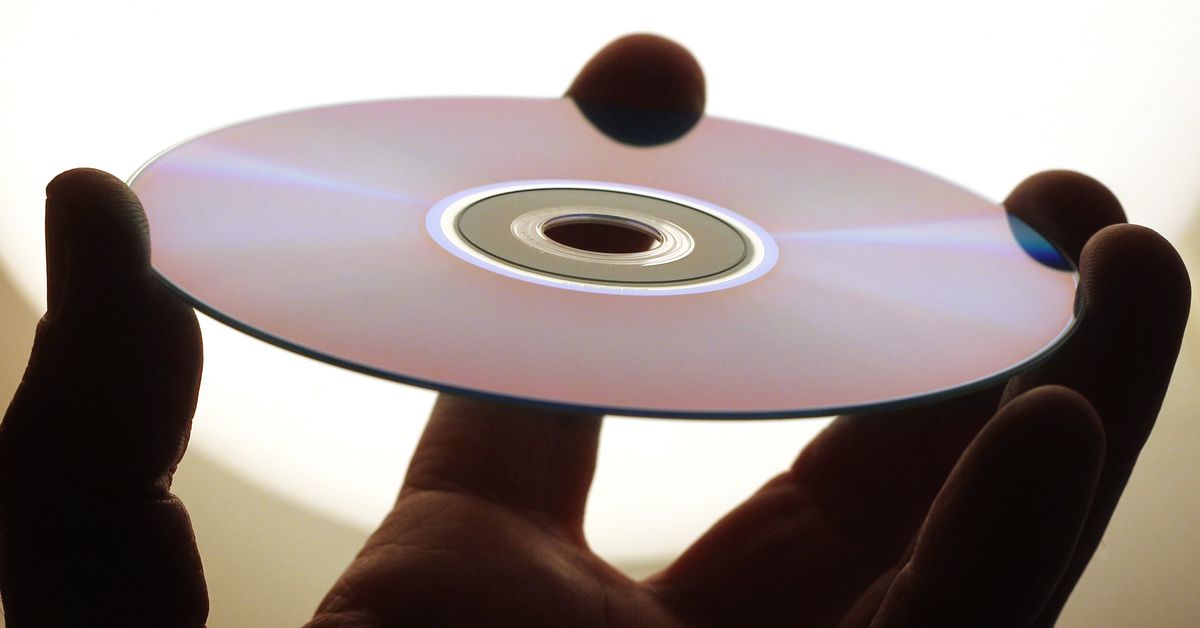Sony Japan’s Bold Move: The End of Recordable Blu-rays
Sony Japan’s recent decision to cease the production of recordable Blu-ray discs marks a significant shift in the landscape of physical media. As consumers increasingly gravitate towards digital formats, this bold move raises pertinent questions about the future of physical media in an era dominated by streaming services and cloud storage. The implications of this decision extend beyond just Sony and its products; they reflect broader trends in media consumption and technological advancement.
Understanding the Shift: Why End Recordable Blu-rays?
The announcement from Sony Japan has taken many by surprise, especially given the popularity of Blu-ray technology since its inception. Recordable Blu-rays, which allowed users to create their own discs for movies, data storage, and personal projects, have been widely used for over a decade. However, several factors have contributed to this decision:
- Digital Dominance: The rise of streaming platforms like Netflix, Hulu, and Amazon Prime has transformed how we consume media. With instant access to vast libraries of content, the need for physical media has diminished.
- Storage Solutions: Cloud storage services have become more reliable and affordable, allowing users to store their data without the need for physical discs. This shift towards digital storage has rendered recordable Blu-rays less relevant.
- Cost and Production Efficiency: Producing physical media involves significant costs, from manufacturing to distribution. As demand decreases, continuing to invest in the production of recordable Blu-rays may no longer be financially viable for Sony.
The Impacts on Consumers
The end of recordable Blu-rays presents both challenges and opportunities for consumers. For those who have relied on these discs for personal archiving or creating custom media collections, this change may feel like a loss. However, it also signals a shift in how we think about media ownership and consumption.
- Archiving and Ownership: Many consumers used recordable Blu-rays to archive important data or preserve home videos. With the decline of physical media, users may need to adapt by exploring digital archiving solutions.
- Creative Projects: Hobbyists who enjoyed creating custom disc collections may need to turn to alternative methods, such as USB drives or online sharing platforms.
- Environmental Considerations: The reduction in the production of physical media could lead to a decrease in plastic waste, aligning with growing environmental concerns.
Industry Reactions: What Do Experts Say?
The industry response to Sony Japan’s announcement has been mixed. Many experts see this as a natural evolution of technology, while others express concerns about the implications for collectors and archivers.
Industry analyst Laura Chen notes, “This move is indicative of a larger trend where physical media is making way for digital solutions. While it may seem daunting for some, it opens up new opportunities for innovation in how we store and share content.”
Conversely, veteran collector and media historian Tom Sutherland warns, “The disappearance of recordable Blu-rays could mark the end of an era for physical media enthusiasts. There’s a unique value in holding a physical copy of a film or personal project that digital formats cannot replicate.”
The Future of Physical Media
With Sony Japan’s bold move, the future of physical media hangs in the balance. While recordable Blu-rays may be on their way out, several factors suggest that physical formats are not entirely finished:
- Collector’s Market: Collectibles like vinyl records and limited-edition DVDs continue to thrive, indicating that there remains a market for physical media among enthusiasts.
- Special Editions: The demand for special edition physical releases, including box sets and memorabilia, remains strong. This suggests that while standard recordable formats may decline, unique offerings could persist.
- Niche Uses: Certain industries, such as gaming and professional media production, may continue to use physical formats where reliability and quality are paramount.
Looking Ahead: Embracing the Digital Future
As Sony Japan’s cessation of recordable Blu-ray production becomes a reality, consumers and industry stakeholders must embrace the digital landscape. Understanding how to navigate this shift is crucial for adapting to the new norm of content consumption.
Adapting to New Technologies
For consumers, adapting to a digital-first world involves:
- Exploring New Platforms: With countless streaming services available, users can find platforms that cater to their specific viewing preferences.
- Investing in Cloud Storage: Utilizing services like Google Drive or Dropbox can help safeguard important files and memories without relying on physical discs.
- Engaging with Digital Formats: Understanding how to effectively use digital formats, such as MP4 for videos or PDF for documents, can enhance the experience of sharing and storing content.
Final Thoughts: A New Chapter in Media Consumption
The decision by Sony Japan to end the production of recordable Blu-rays marks a pivotal moment in the evolution of media consumption. While it signals the decline of an era for some, it also opens the door to new possibilities in a digital world. Embracing these changes, consumers can adapt and thrive in an ever-evolving technological landscape. The key lies in recognizing the benefits of digital media while cherishing the memories and experiences that physical media once provided.
In conclusion, as we bid farewell to recordable Blu-rays, we must look forward with optimism. The future of media is bright, and though it may take on new forms, the value of creativity and expression will always remain at the forefront.
See more Future Tech Daily

